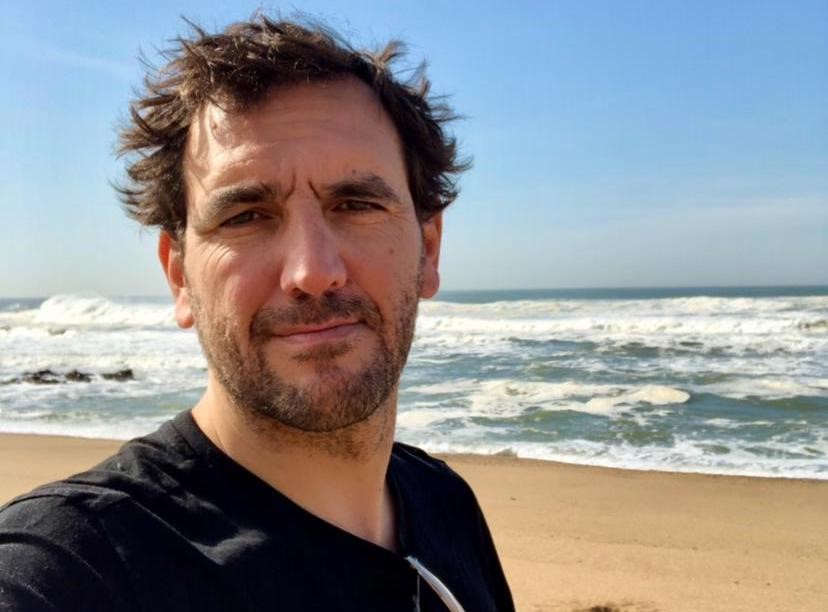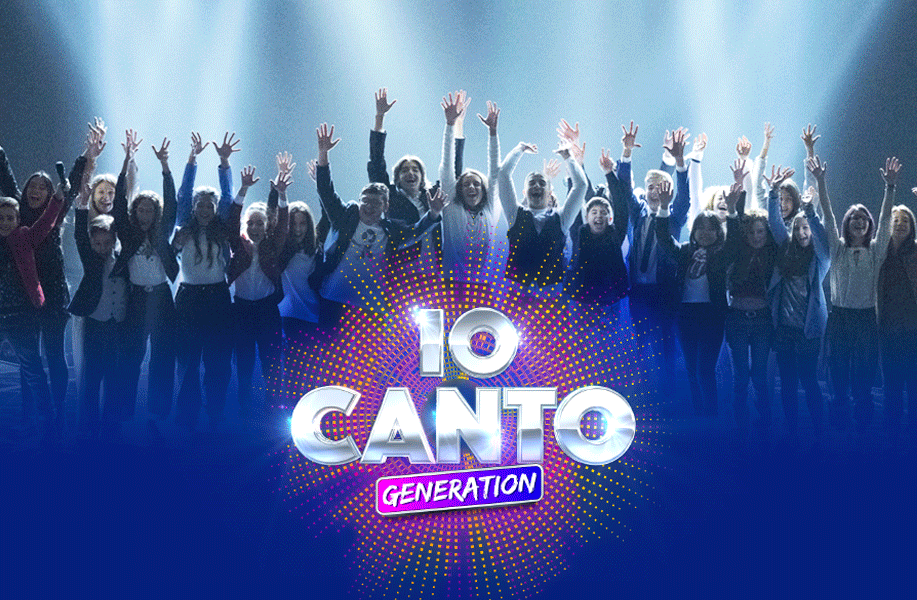Biography
Born in Milan in 1974, Ugo Ripamonti has been shaping television narratives since 2004, lending his creative touch to a plethora of programs spanning various genres. From the entertainment extravaganza of E Poi C’è Cattelan and Stasera C’è Cattelan, to the comedic brilliance of Dinner Club and Amazing Fabio De Luigi, Ripamonti's versatility shines through. His impressive repertoire also includes iconic shows like Quelli che il Calcio, Telethon, and Chiambretti Night, showcasing his ability to engage diverse audiences. Moreover, his collaborations extend beyond the small screen, encompassing theatre productions such as Salutava Sempre and the podcast Non Hanno un Amico alongside luminaries like Luca Bizzarri and Alessandro Cattelan.
Il Clandestino (tr. The Clandestine) seamlessly melds the intrigue of detective storytelling with comedic elements. How did this fusion originate, and what inspired you to explore this unique narrative terrain?
The fusion of detective intrigue with comedic flair felt like a natural fit. Comedy and crime narratives often intertwine, each enriching the other's narrative tapestry. Across literature, cinema, and comics, this blend has yielded timeless classics. For myself, Renato Sannio, and Michele Pellegrini, the co-creators of Il Clandestino, our shared background in comedy paved the way for infusing our storytelling with humorous undertones. It's a balance that allows us to delve deeper into thematic layers while keeping the audience thoroughly entertained.
The debut of Il Clandestino with 3.9 million viewers and a 19.64% share speaks volumes about its appeal. What elements do you believe resonated most with Rai 1's audience?
Undoubtedly, Rai 1's audience has a deep-rooted affinity for detective narratives, a genre they've embraced over the years. They're well-versed in its tropes and intricacies, eagerly anticipating each twist and turn. Additionally, the magnetic presence of Edoardo Leo and the visionary direction of Roland Ravello brought a refreshing authenticity to the screen, capturing the essence of Milan in a novel light. While venturing into Rai 1's primetime lineup presented its challenges, the reception reaffirms the universal allure of compelling storytelling.
Your transition from crafting television entertainment to penning a gripping drama like Il Clandestino is remarkable. How did you navigate this creative evolution?
Transitioning to drama was both exhilarating and daunting. While sitcoms had been my playground, diving into the intricacies of serialized storytelling was a dream come true. The solitary nature of screenwriting demanded a shift in approach, requiring deeper introspection and meticulous planning. It's a realm where every word carries weight, shaping the narrative landscape with precision and depth.
As Il Clandestino captivates audiences locally, thoughts naturally turn to its global potential. Who oversees its international distribution, and in which markets do you envision its adaptation?
Il Clandestino unfolds against the backdrop of a multicultural tapestry, exploring universal themes of empathy and human connection. Its resonance transcends borders, making it ripe for international adaptation. With its rich narrative canvas, the series holds promise for audiences worldwide, from cosmopolitan hubs like Marseille and Berlin to culturally diverse communities across the globe.
Finally, can viewers expect a second season of Il Clandestino, and what other television projects are on your horizon?
While the future of Il Clandestino hangs in the balance, the creative wellspring remains brimming with ideas for future seasons. As we await news of its continuation, I'm immersed in crafting a comedy series for Netflix alongside a dynamic team of collaborators, promising audiences more riveting tales to come. With his boundless creativity and knack for storytelling, Ugo Ripamonti continues to redefine the television landscape, leaving an indelible mark on audiences worldwide.













